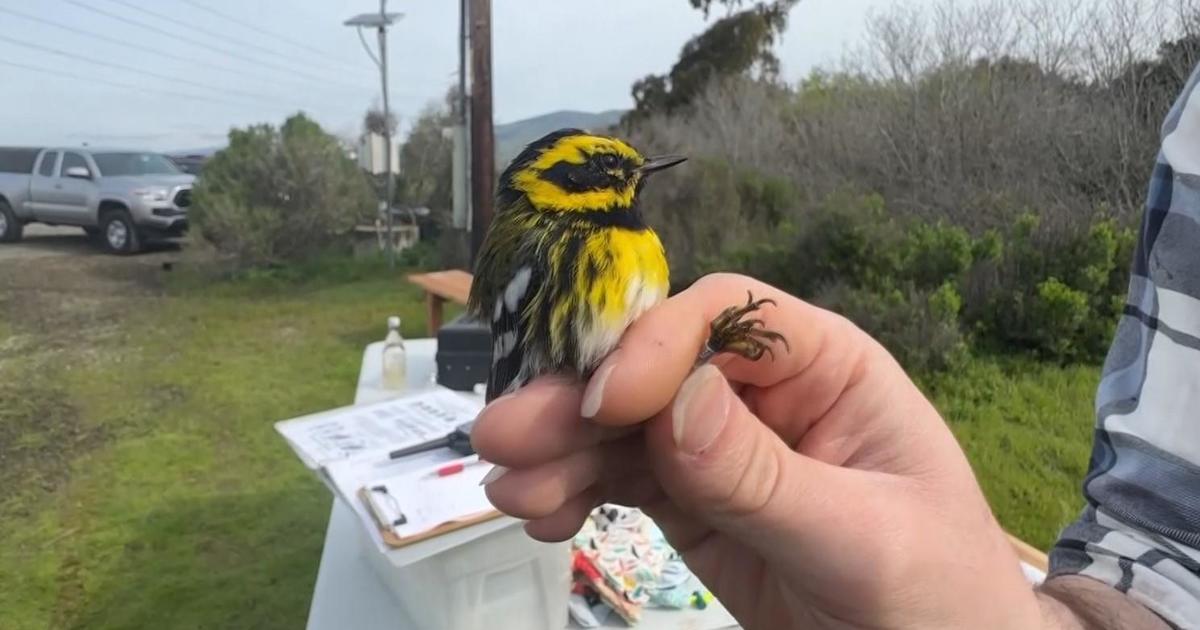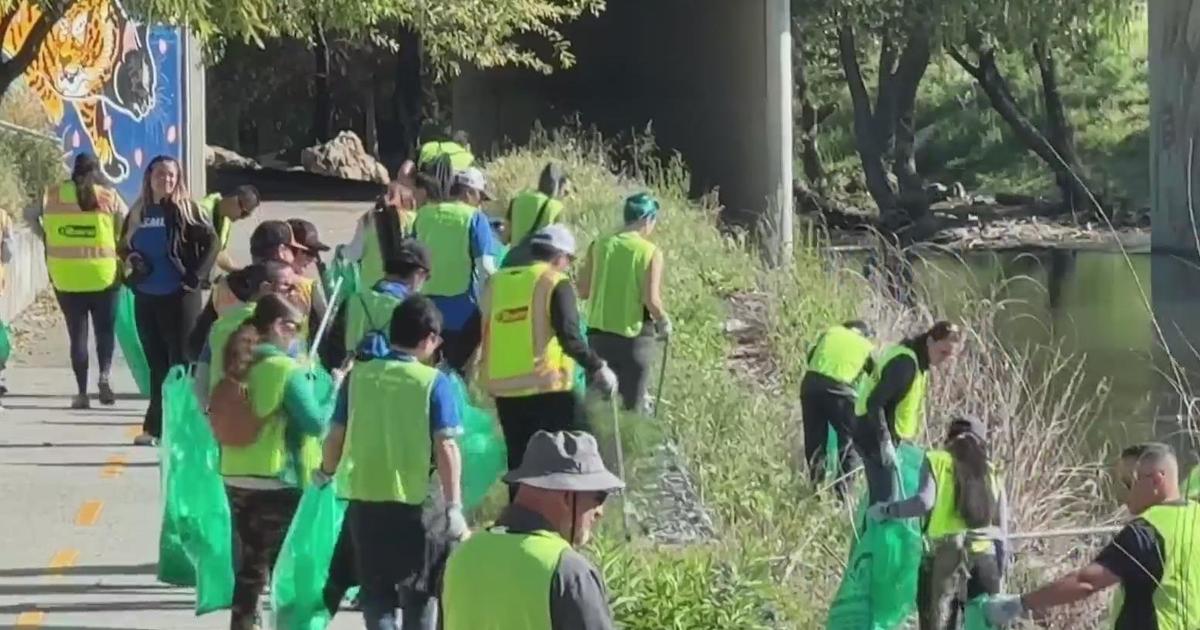Google, Environmental Groups Partner To Track Illegal, Unregulated Fishing
SAN FRANCISCO (KPIX 5) -- Technology developed in the Bay Area could lead to the end of illegal, unregulated and unreported fishing around the world. That's the hope at least for the creators of Global Fishing Watch.
"The oceans belong to all of us. They belong to me, they belong to you. So we should be upset that we're not taking care of this shared resource," said David Kroodsma, Research Program Manager of environmental watchdog SkyTruth, which uses satellite imagery to monitor human activity impacting the earth.
Global Fishing Watch is a product of Google, SkyTruth, and the non-profit conservation group Oceana. It uses satellite technology, and GPS tracking to pinpoint where illegal, unregulated or unreported fishing is taking place anywhere on the planet.
Here's how it works: Commercial fishing vessels are required to send out their GPS location to an international database so that other vessels know where each other are, and don't run into each other. Think of it as air traffic control, for the ocean.
Global Fishing Watch discovered these GPS trackers are shared publicly. So it created a database that allows anyone to log on and track commercial shipping activity at any time.
"Once you have these tools, people that buy fish can start making certain demands to ensure the legality of the catch they're buying," said Oceana Senior Scientist Dr. Kim Warner.
ALSO READ: Testing Shows Many Bay Area Restaurants Mislabel Fish
The website allows you to see when vessels enter marine protected areas, as well as when these ships turn off their GPS trackers. This often indicates illegal activity.
Brian Sullivan, Program Manager for Google Ocean & Earth Outreach, says companies could use this technology as a way to guarantee the fish they're buying is legally caught.
"If you're a large company and you're buying fish, you don't want to have illegally [caught] fish in your supply chain," said Sullivan. "So being able to see where the boats are turning it on or off, you can say, 'I only want to buy from those who have it on all the time,' is an ideal situation."
Indonesia is already using the technology to send a strong message against illegal fishing. It's regularly blowing up fishing boats whose captains were caught fishing where they weren't supposed to be.
"It puts pressure on governments, it puts pressure on policymakers, and gives new tools toward scientists and other ones to bring light to these issues," Sullivan said.
The hope is that this leads to sweeping reform, even changing the way we eat and shop for fish.
"Change needs to come from all levels, we're going to see it hopefully from the governments, NGO's pushing for it, were going to see it from scientists, from citizens demanding it," Sullivan said. "We're going to see it from private industry and the supply chain as well."
Global Fishing Watch already has some significant success stories.
An Associated Press investigation in 2015 exposed instances of slavery on Thai fishing vessels. Hundreds of men were freed after being enslaved on cargo ships for months at a time. The non-profit Sea Shepherd assisted in detaining five fishing vessels suspected of illegal fishing near Liberia. Companies like Mars and Nestle have already committed to only buying from commercial fisherman who can track their catch from boat to land.
Dr. Warner says consumers need to start making the same kinds of demands.
"You could be buying fish that have had human rights abuses documented in the supply chain, or illegal fishing wiping out endangered or threatened species," she said.
Twenty-eight percent of fish sold in the U.S. is mislabeled, compared to eight percent in Europe, where consumers have already started voting with their money.



